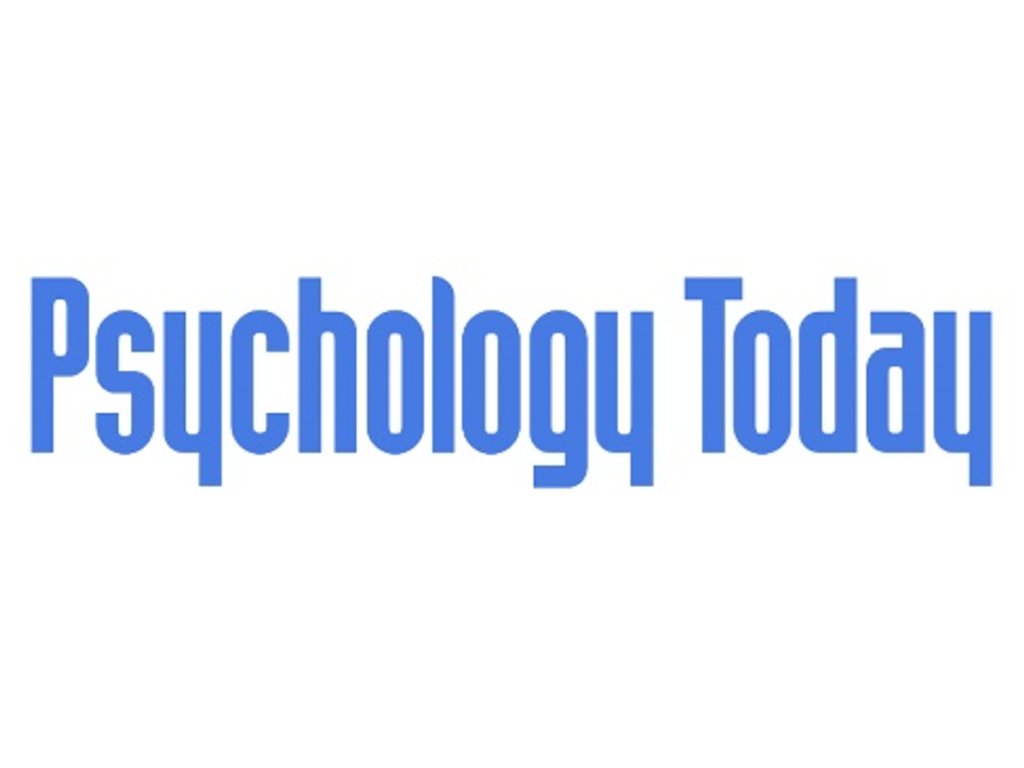Support mental wellness for anxious and depressed workers.
- Brain Awareness Week is a reminder to consider the pandemic’s impact on healthcare professionals.
- COVID-19 has led to a global increase in anxiety and depression, especially among healthcare workers.
- Stigma still remains, but more individuals are seeking help for mental conditions.
It’s no secret that clinicians and healthcare professionals continue to struggle while providing care for some of the most vulnerable people in our communities.
Every year, Brain Awareness Week is observed around the world during the third week of March. From the first celebration in 1996, thousands of organizations use this time to…


